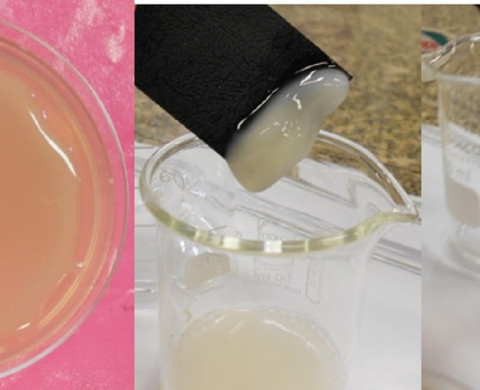Physiological and ecological strategies of Acidobacteria

Details
- Department
- Microbial Ecology
- Research group
- Kuramae Group
- Funding
- CNPq (National Council for Scientific and Technological Development) Brazil
Acidobacteria is among the most abundant phylum in soils, however, their physiological capabilities and co-occurrence with soil inhabitants are still unknown. These bacteria grow slowly and their competition advantage over soil-borne microbes that have similar nutritional profile has not been demonstrated. Although it has been proposed that these bacteria are oligotrophic, few culture studies have approached this issue properly. Similarly, little is known about the interactions between Acidobacteria and other soil bacteria. This question can be addressed by network analysis, as well as Acidobacteria mono- and co-cultures transcriptome analysis can be used to evaluate accuracy of network algorithms. Also, the function of Acidobacteria Extracellular Polymeric Substances (EPS) is not completely comprehended. The objective of this project is to contribute to the general knowledge about the ecophysiology of Acidobacteria, investigating their interactions with other soil microorganisms and the role of their EPS on formation of soil aggregates.
Details
- Department
- Microbial Ecology
- Research group
- Kuramae Group
- Funding
- CNPq (National Council for Scientific and Technological Development) Brazil
Experts
-

-
Ohana Costa
Postdoc , Microbial Ecology
Acidobacteria EPS - new source of valuable compound
Acidobacteria as Plant Growth- Promoting Bacteria


